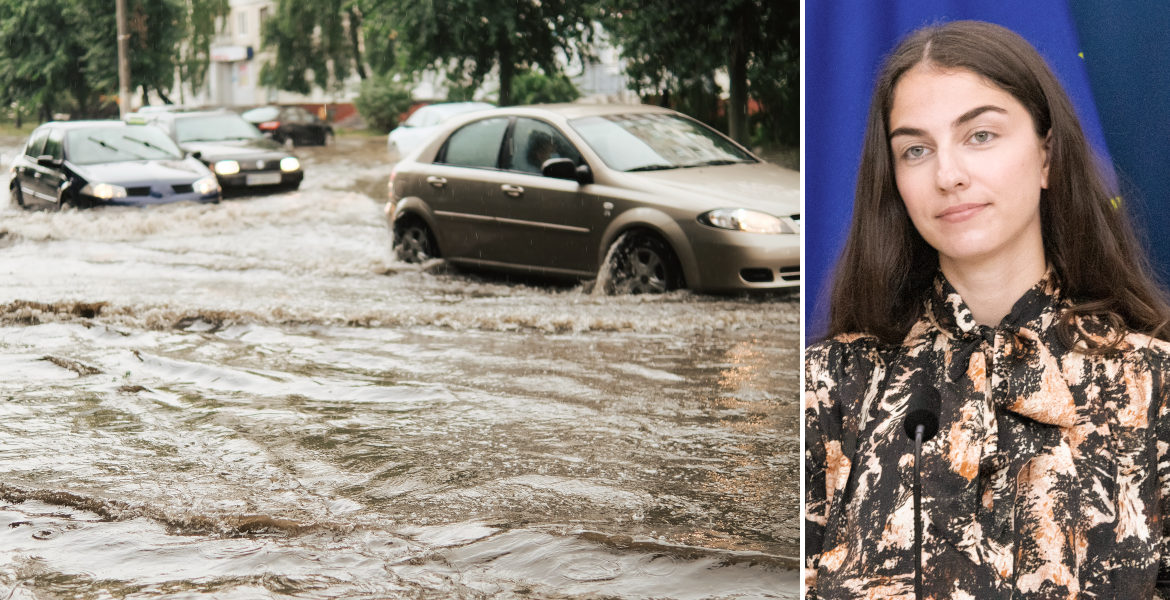A new report suggests that Swedish property owners may be required to finance municipalities' "climate adaptation measures", with costs potentially reaching tens of thousands of EUR.
The proposal, which has been submitted to Climate and Environment Minister Romina Pourmokhtari (L), gives municipalities the right to, for example, build flood defenses to protect "matters of public interest" – and then charge property owners who are considered to benefit from the measure.
The investigator Johan Hjalmarsson himself points out that the term “public interest” is deliberately broad and vaguely worded.
– It could be buildings such as municipal buildings and schools, but it doesn't have to be. There will need to be a municipal connection, but it doesn't have to be a municipal facility, he told state television.
However, for the fee to apply, there must be a “significant risk” of damage from a specific natural event, and this risk must be eliminated by the measure. A property owner's total fee may not exceed 10 percent of the market value of the property.
"Cannot charge whatever fees they want"
Liberal Climate and Environment Minister Romina Pourmokhtari claims that the proposal is about dealing with the direct consequences of the alleged climate crisis:
– In the same way that we have great respect and a strong desire to defend property rights in Sweden, with property rights come not only freedoms but also obligations. This is an example of the real consequences of climate change. Not in the future, but today, and that must be taken into account, she asserts.
She further promises that municipalities "cannot charge whatever fees they want".
– Whether the government will implement this or not is something we cannot say today, she continues, describing the proposals as "interesting".
Not all coastlines can be protected
The report also proposes that the state take responsibility for protecting certain coastlines from flooding through physical barriers, and Hjalmarsson admits that this will require prioritizing and choosing what to protect and which communities to leave exposed to the elements.
– But this is not something that will change overnight; the costs can be spread out over many years.
He argues that the need is urgent and that he has "met many municipalities that see the need for a decision from the state now".
Maximum temperatures in nursing homes
The report also highlights the need to introduce maximum temperatures in premises for particularly vulnerable groups, such as the elderly.
– Heat waves are already a major problem for the elderly in our society. So I think it's very important that these issues are brought to light and that we discuss what we can do, says Pourmokhtari.
For municipalities, this could mean a requirement to install air conditioning in nursing homes.
– If requirements are the way forward, this is something the government will need to look at. But action will be needed, and too little is being done today, adds the minister.
The investigator's report will now be prepared by the Government Offices and sent out for consultation in accordance with standard procedures.








